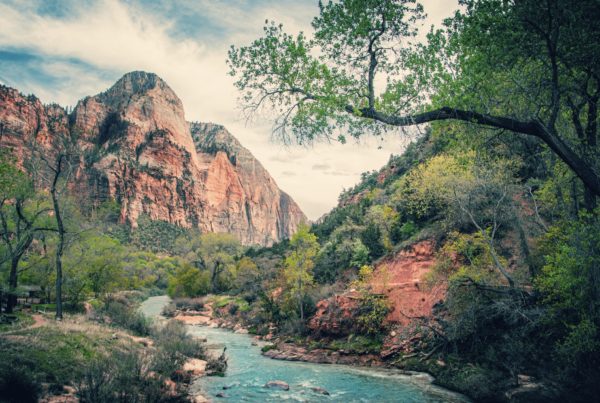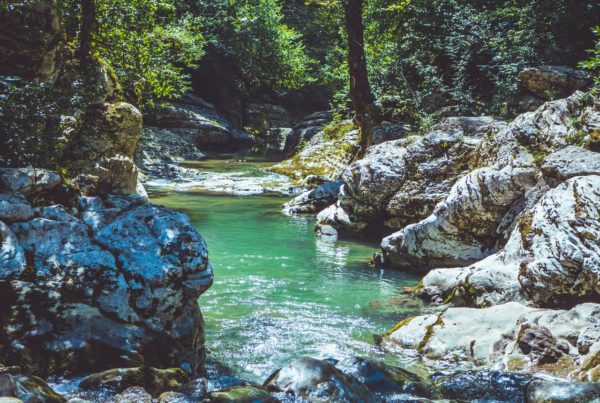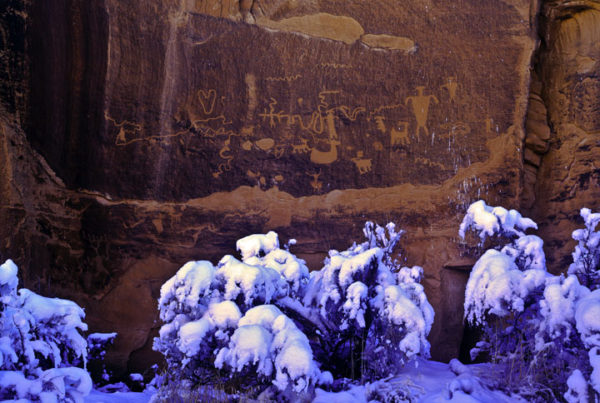It is a hard time to be hopeful. The world is still in the grip of a global pandemic that continues to thrive in a mixture of our own hubris and circumstances beyond our control. Smoke from fires hundreds of miles away has inundated Utah for days now with no end in sight. Historic drought has gripped the west. And just recently, the IPCC released a study confirming what all climate scientists already knew — when faced with the choice between changing the ways we do business and suffering Climate Change, we have chosen Climate Change.
Deemed a “code red for humanity” this report makes clear that even if we stopped emitting carbon dioxide immediately, the sheer momentum of the last half-century of inaction will carry us into an uncertain future plagued by droughts, heatwaves, rising seas, and more environmental catastrophe. That this is demoralizing is obvious.
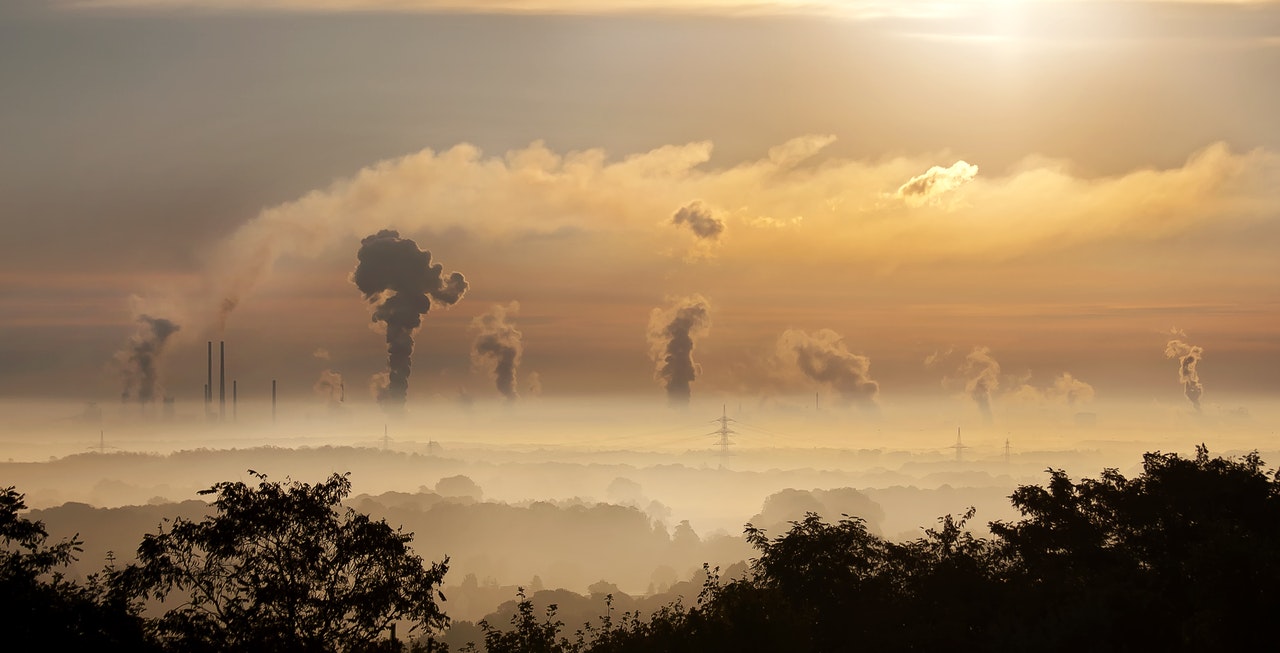
Me vs the World
There is an element of powerlessness in watching the destruction of our planet unfold. Before I was even born, the oil companies that created this mess already knew the consequences of their business. Instead of changing tracks, they doubled down and shrouded their work in doubt and misinformation. The actions of these corporations (really the actions of a handful of rich, white men) may have doomed us. And like I said, I wasn’t even born yet. Before I breathed my first breath, the corporate powers of this world chose Climate Change.
And for what? Money, credit, and capital in the hands of the increasingly few? This good Earth is a pearl set amongst the stars. Its value as the foundation for all life is so gargantuanly clear that it is invisible to those who live ignorant and arrogant. But you can’t make money off of freely available oxygen in the atmosphere.
Because I am powerless in the face of corporate greed, I feel a lot of anger and resentment towards those who wield power in this world. It is so damn obvious that Climate Change is real and driven by human action. Yet when faced with creating policy that will transform the world and hold accountable those who got us here, the powerful become weak. The momentum of the way things have always been done wins over and we waste another year on business as usual.
Then they have the gall to blame this crisis on me and say that if I, as an individual could just reign in my carbon footprint, this corporate problem would be over. Maybe they’re right? Maybe if I stopped driving my car, BP wouldn’t spill their oil all over the Gulf of Mexico. Maybe if I stopped eating meat, the military-industrial complex overseen by the US Government would grind to a halt. Maybe maybe maybe… (for the uninitiated, your “carbon footprint” is a PR scheme by British Petroleum to offset the blame from their big oil spill onto the individual consumer instead of, you know, like owning it themselves).
But really my anger and resentment are secondary emotions. Beneath it all I’m sad.
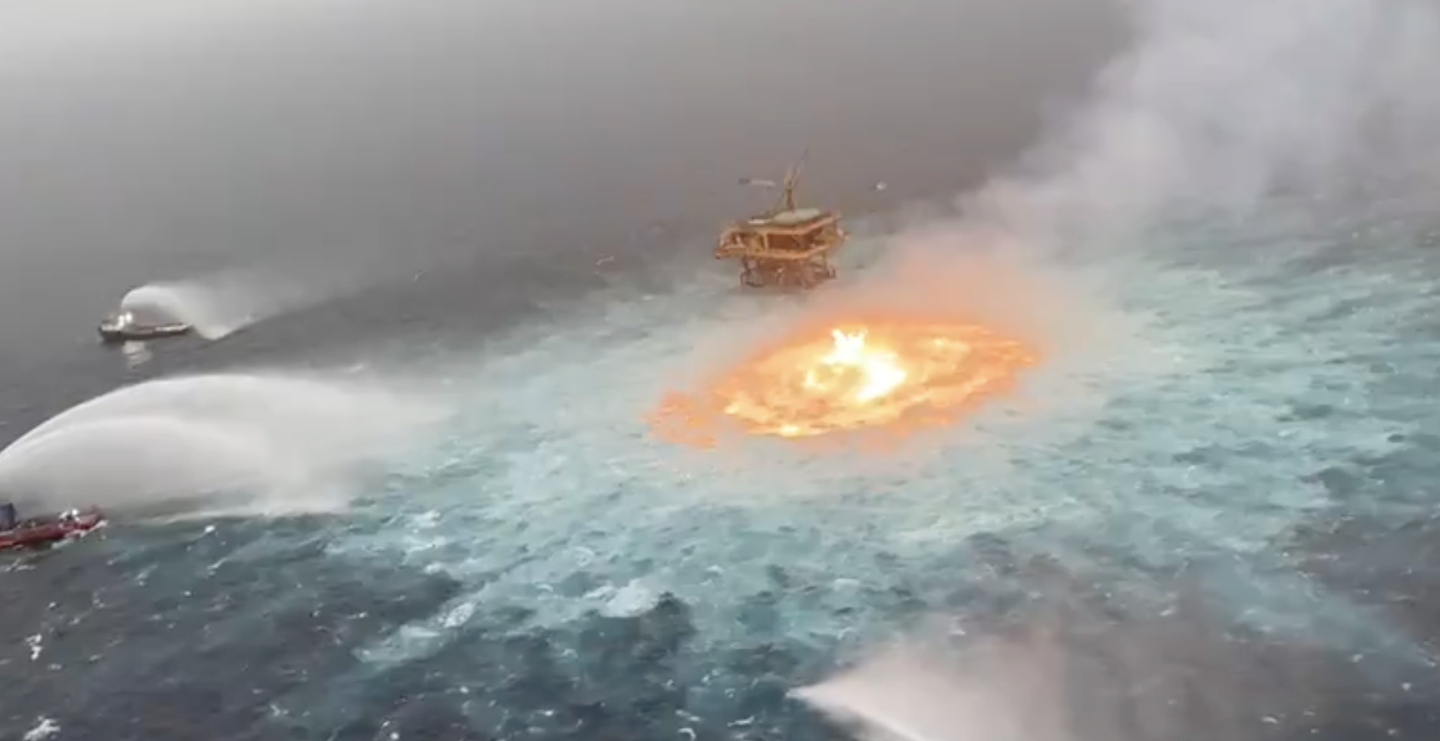
Embracing the Grief
Sad really isn’t strong enough a word maybe. Despondent? Sorrowful? Grief-stricken? Whatever the word, the feeling is of inheriting a problem created by greed, lust for money, and deceit. It is the feeling of inheriting death.
I feel very much like Enoch in Moses 7 after he hears the Earth cry out for help. “Wo, wo is me, the mother of men; I am pained, I am weary, because of the wickedness of my children. When shall I rest, and be cleansed from the filthiness which is gone forth out of me? When will my Creator sanctify me, that I may rest, and righteousness for a season abide upon my face?”
I don’t write this to be overly pessimistic. I write this to be real. There needs to be a space for sorrow and sadness. Richard Rohr has written, “If we bypass these emotional stages by easy answers, all they do is take a deeper form of disguise and come out in another way. Many people learn the hard way—by getting ulcers, by all kinds of internal diseases, depression, addictions, irritability, and misdirected anger—because they refuse to let their emotions run their course or to find some appropriate place to share them.”
If we don’t feel this climate grief and let it transform us as a people, we will perpetuate our sadness and anger out onto future generations and the Earth. We can’t refuse this pain because it has something to teach us — radical compassion, solidarity, humility, and acceptance.
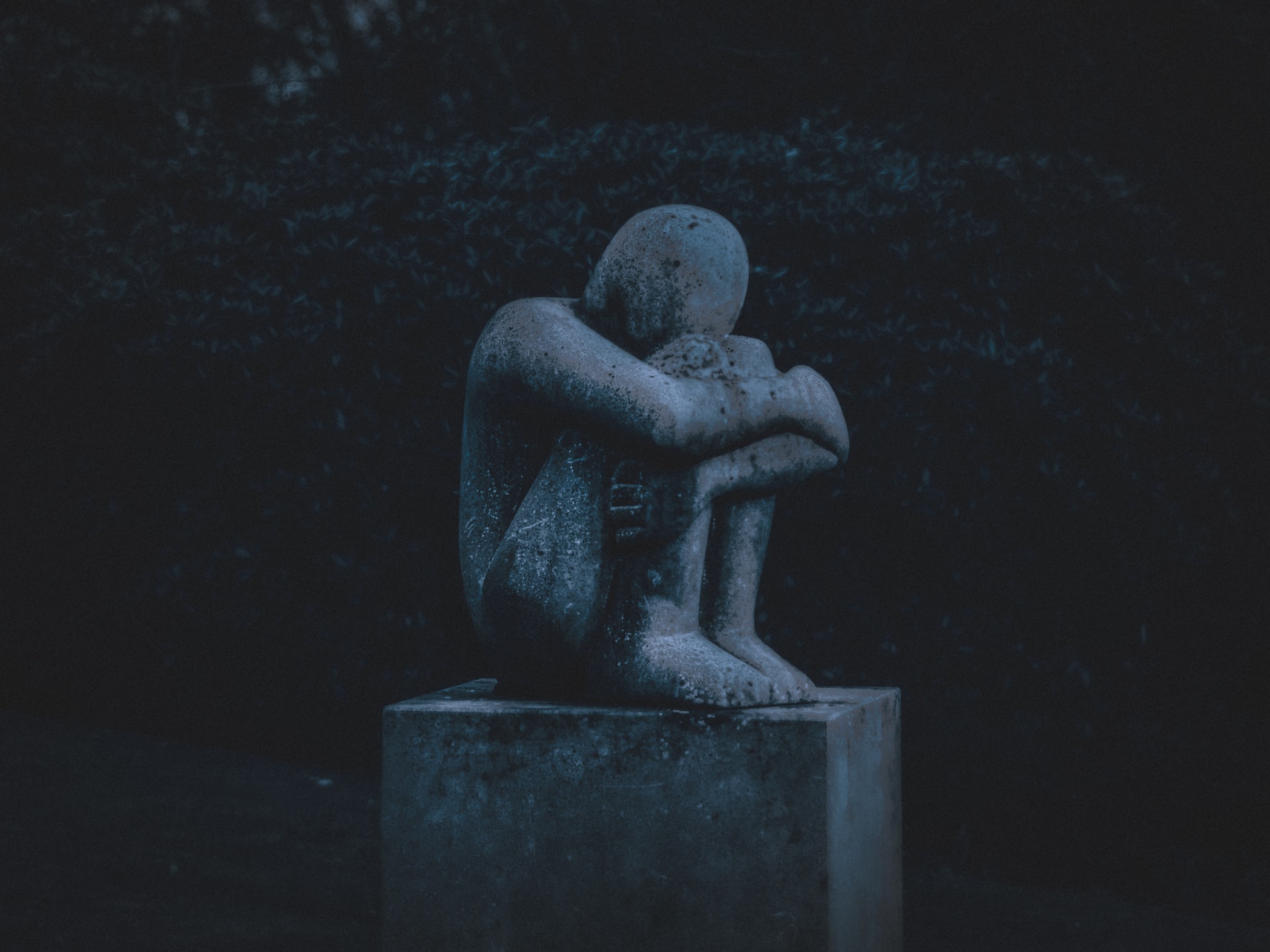
Trust the Slow Work
Whenever I feel discontent, sad, and sorrowful about the world I remember the words of Pierre Teilard de Chardin, the Jesuit scientist-priest.
“Above all, trust in the slow work of God.
We are quite naturally impatient in everything
to reach the end without delay.|
We should like to skip the intermediate stages.
We are impatient of being on the way to something
unknown, something new.
And yet it is the law of all progress
that it is made by passing through
some stages of instability—
and that it may take a very long time.
And so I think it is with you;
your ideas mature gradually—let them grow,
let them shape themselves, without undue haste.
Don’t try to force them on,
as though you could be today what time
(that is to say, grace and circumstances
acting on your own good will)
will make of you tomorrow.
Only God could say what this new spirit
gradually forming within you will be.
Give Our Lord the benefit of believing
that his hand is leading you,
and accept the anxiety of feeling yourself
in suspense and incomplete.”
Above all, I need to trust in the slow work of God. And it is slow. 13 billion years lapsed before humans emerged from the fiery heart of matter. I am a part of this Earth that was born in goodness. And though we ignorantly try to stain away that goodness, the divine work of restoration and healing cannot be stopped. It is simply the natural way of things. Time will reveal this.
For now, my role is simple — I must accept the anxiety of feeling myself powerless and anxious in the face of global catastrophe. I must bear witness to the suffering of the Earth. I must be a friend to the powerless and voiceless. I will stand with what is real and evident despite the tragedy of a changing climate. And I will be ready to build Zion by working to dismantle the Babylon we currently live in.
